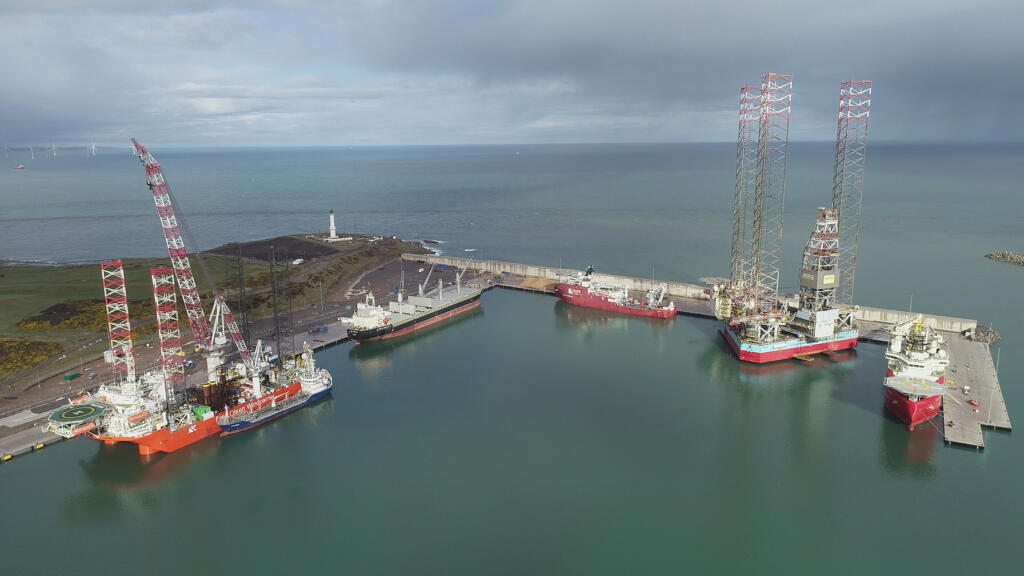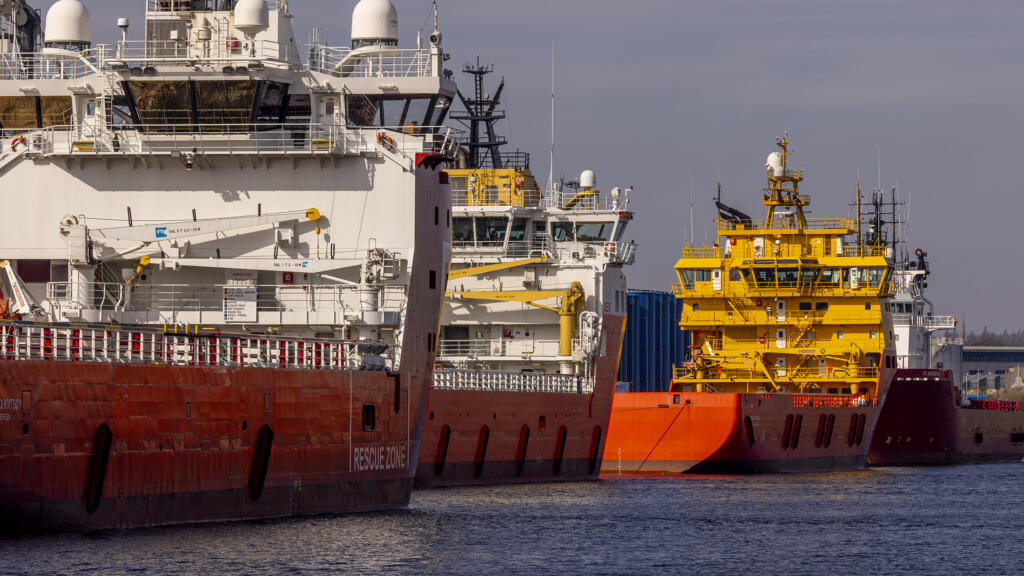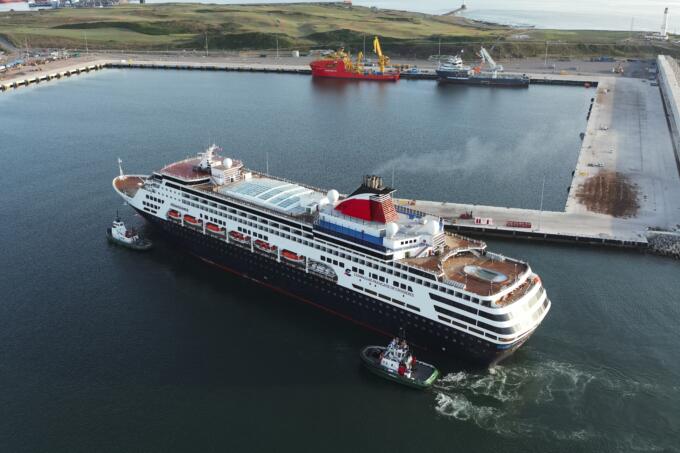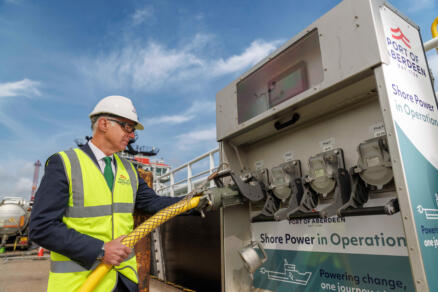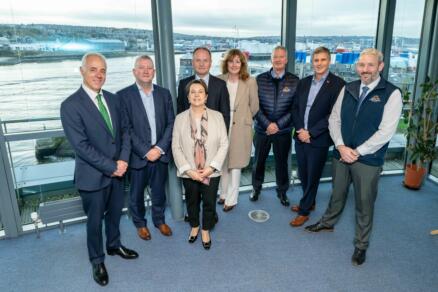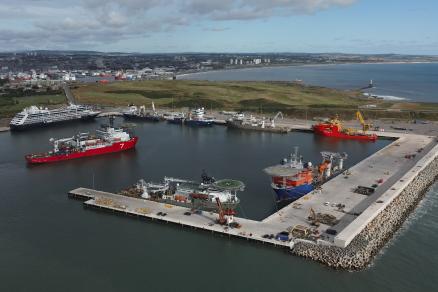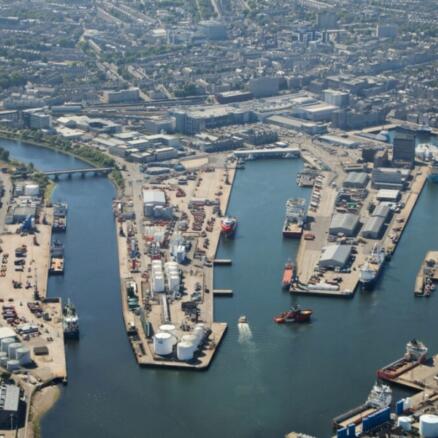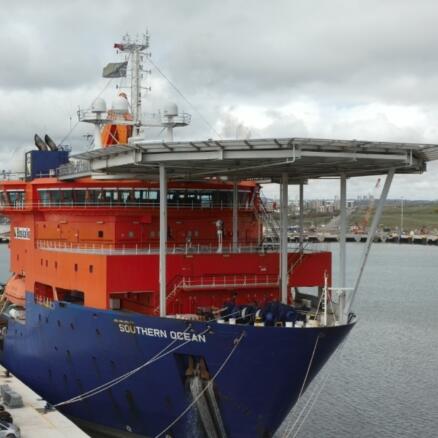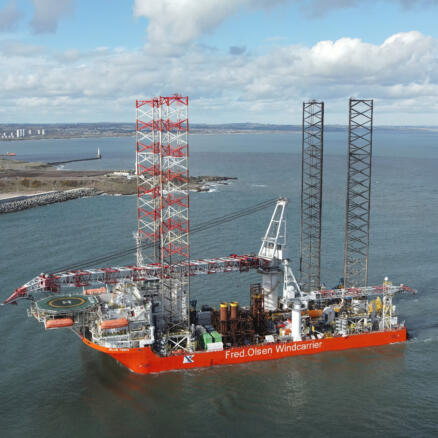Progress to Date
Vehicles
53% of port vehicles are now electric and eight electric vehicle (EV) chargers have been installed across the port estate.
Sustainable Fuel
A key initiative has been a significant investment in the renewable fuel, hydrotreated vegetable oil (HVO), which now powers port vehicles, vessels, and equipment instead of diesel.
Lighting
75% of the port estate is powered by LED lighting.
Renewables Electricity
28 port estate sites were switched to 100% renewable electricity in June 2024.
Recycling
Since January 2024, the port has been working towards higher recycling targets through a new waste management contract. As part of this initiative, food waste recycling bins have been installed in offices.
Electric Vehicle Scheme
Port of Aberdeen has rolled out an electric vehicle (EV) salary sacrifice and cycle-to-work benefits to all employees.
To be achieved in 2025
Shore Power in Operation
The ZEVI partnership will design and deliver the first large-scale landside and vessel-side shore power system in Scotland by end of Q1 2025. The demonstrator project will cut vessel emissions at the berths by more than 80% compared with burning marine fuel.
Serco NorthLink passenger ferries
Port of Aberdeen is installing shore power facilities for Serco NorthLink’s MV Hrossey and MV Hjaltland passenger ferries within the port’s North Harbour. The ferries will ‘plug-in’ to a clean electrical power source, through the port’s renewable energy tariff, while berthed in Aberdeen from Q1 2025.
Bibby Marine eSOV
Port of Aberdeen is installing shore power facilities within the port's North Harbour for the Bibby Marine lead ZEVI project to build the first electric SOV (eSOV) in the UK. The shore power installation will be operational by end of Q1 2025.
